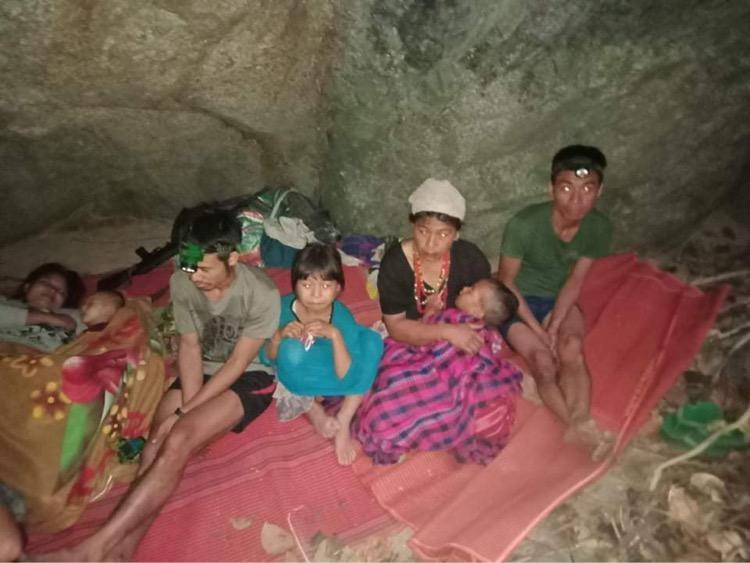The Royal Thai Airforce said the Burmese military aircraft did not breach Thailand’s airspace, following reports of the military junta launching airstrikes on a rebel-controlled region near the Thai border last week.
The military regime ousted a civilian government led by Nobel laureate Aung San Suu Kyi in a February coup, sparking protests and clashes between the army and ethnic minority insurgents such as the Karen National Union (KNU), in border areas of Burma, also known as Myanmar.





